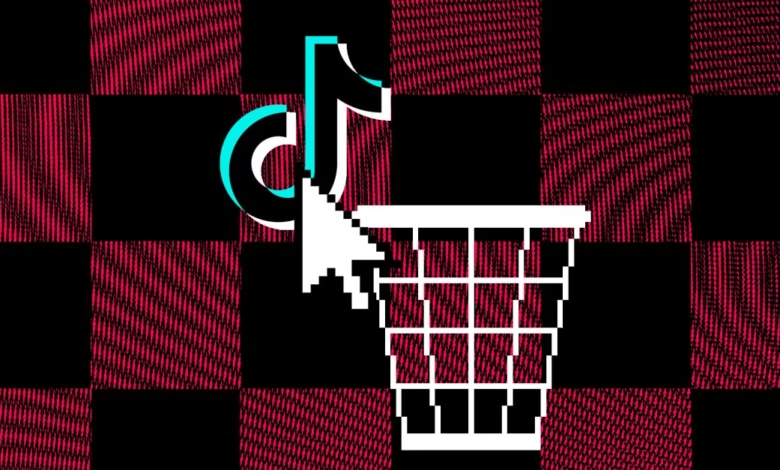Trump Extends TikTok Ban Deadline Again

▼ Summary
– President Trump will extend TikTok’s deadline by 90 days to mid-September, delaying a potential US ban while seeking data security assurances.
– The extension provides temporary legal cover for US service providers, though it lacks formal legal backing under the existing bipartisan law.
– Previous TikTok sale talks collapsed due to Trump’s tariffs, and China’s stance on selling the app’s algorithm remains unclear.
– Lawmakers criticize the extensions as illegal and untenable, warning of legal risks for companies like Apple and Google if they continue hosting TikTok.
– Despite opposition, Trump’s extensions continue unchecked, as Congress lacks enforcement power to stop them.
The Trump administration has once again postponed the deadline for TikTok to separate from its Chinese parent company ByteDance, pushing the potential ban to mid-September. This marks the third extension granted by the White House, allowing more time to finalize a deal that would keep the popular app operational in the U.S. while addressing national security concerns.
White House Press Secretary Karoline Leavitt stated the additional 90-day period will be used to “ensure this deal is closed” while providing Americans confidence their data remains protected. The extension, initially issued on January 20th, offers temporary legal protection for U.S. service providers like Apple and Google, shielding them from massive penalties under the Protecting Americans from Foreign Adversary Controlled Applications Act. However, critics argue these delays lack legal grounding since Congress passed the law with broad bipartisan support, and the Supreme Court upheld its constitutionality.
Earlier negotiations between ByteDance and an Oracle-led consortium nearly reached an agreement in April, but the deal collapsed amid escalating trade tensions. Despite recent easing of U.S.-China relations, no new progress has been reported. A major sticking point remains whether China would permit the sale of TikTok’s core algorithm, a critical component powering its recommendation system. Lawmakers on both sides warn that without transferring this technology, any deal would be meaningless in safeguarding American data.
Several Democratic senators, including Mark Warner and Ed Markey, have condemned the repeated extensions as unlawful. Warner previously called the delays “against the law,” emphasizing that Beijing’s continued control over TikTok’s algorithm undermines national security. Meanwhile, Republican critics like Sen. Josh Hawley argue the administration should enforce the ban outright rather than prolonging uncertainty.
U.S. companies hosting TikTok face potential legal risks if they continue supporting the app past the original deadline. While the Justice Department has privately assured tech giants they won’t face penalties, these promises lack formal legal backing. A recent lawsuit filed by a Google shareholder highlights growing frustration over corporate reliance on unofficial government assurances.
With no clear enforcement mechanism to stop further extensions, the administration could theoretically keep delaying indefinitely. As Hawley noted, Congress lacks the authority to compel action, leaving the future of TikTok’s U.S. operations in limbo. The ongoing standoff underscores broader tensions over data security, foreign influence, and the limits of executive power in regulating global tech platforms.
(Source: The Verge)
